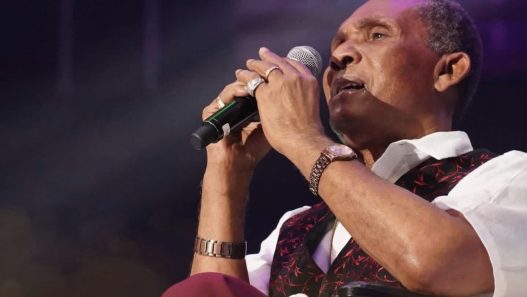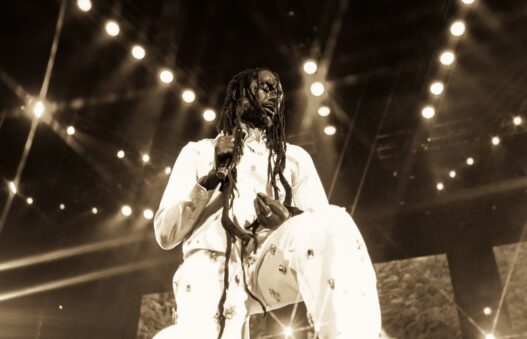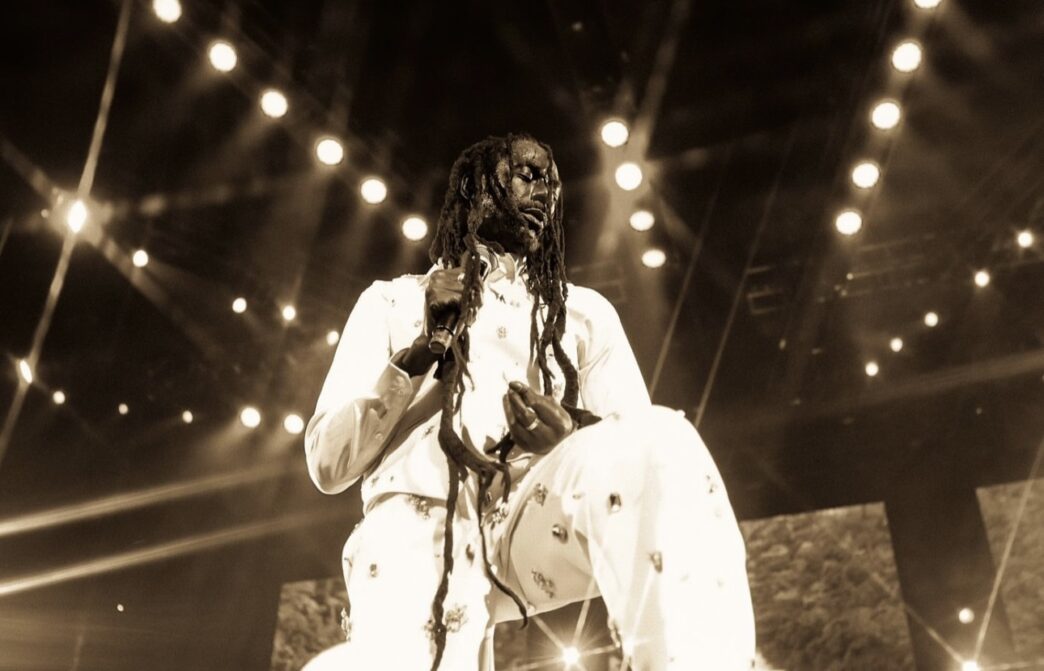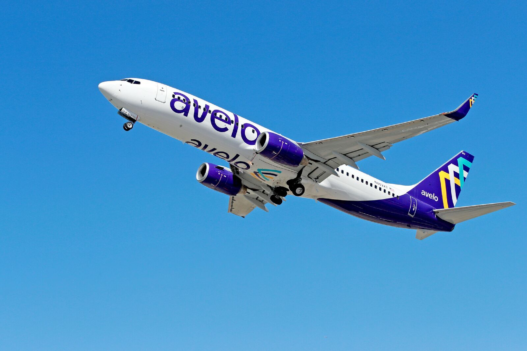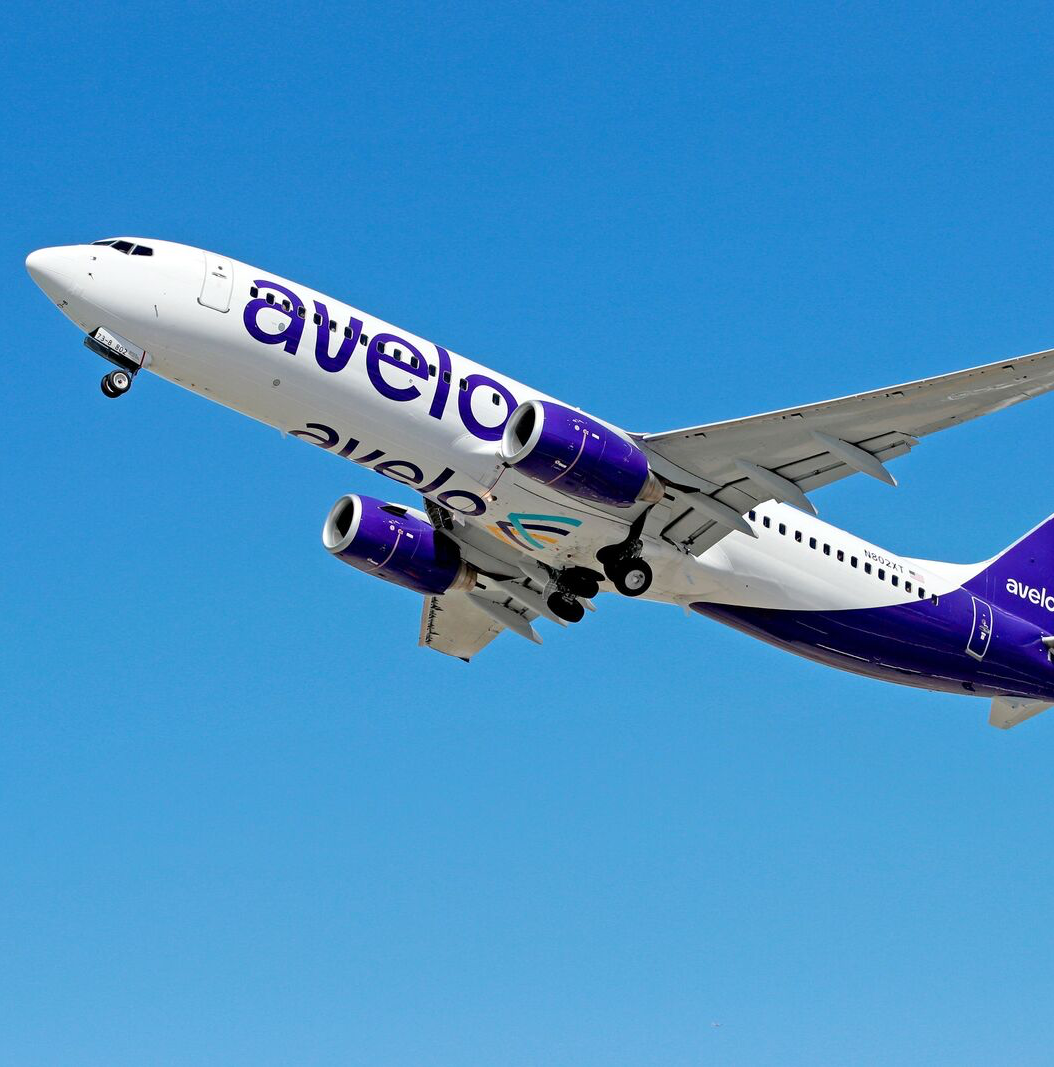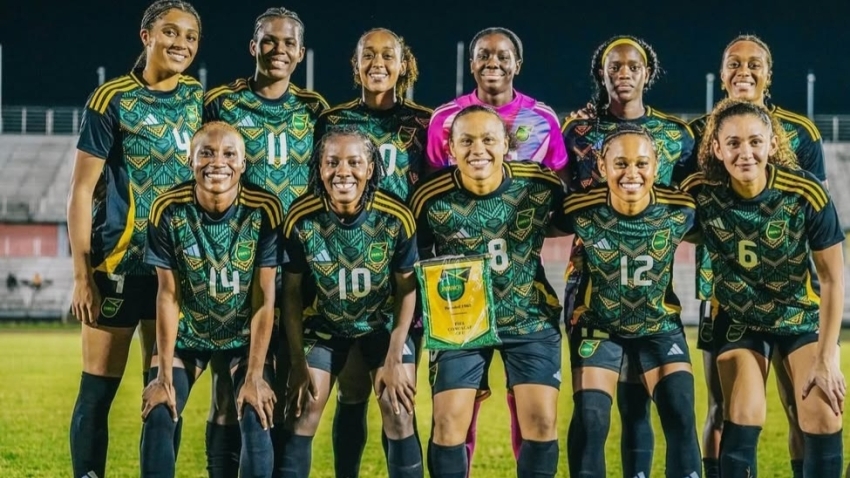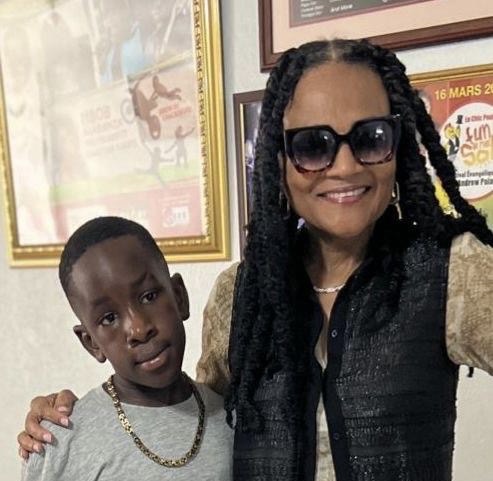Buju Banton, a titan in the reggae industry, has etched his name in history by becoming the first solo reggae artist to sell out the Barclays Center in Brooklyn, New York. On November 17, 2024, he took the stage in front of a packed audience of 19,000 fans, delivering an electrifying performance that marked the final stop of his highly successful Overcomer tour.
A Night to Remember: The Overcomer Tour Finale
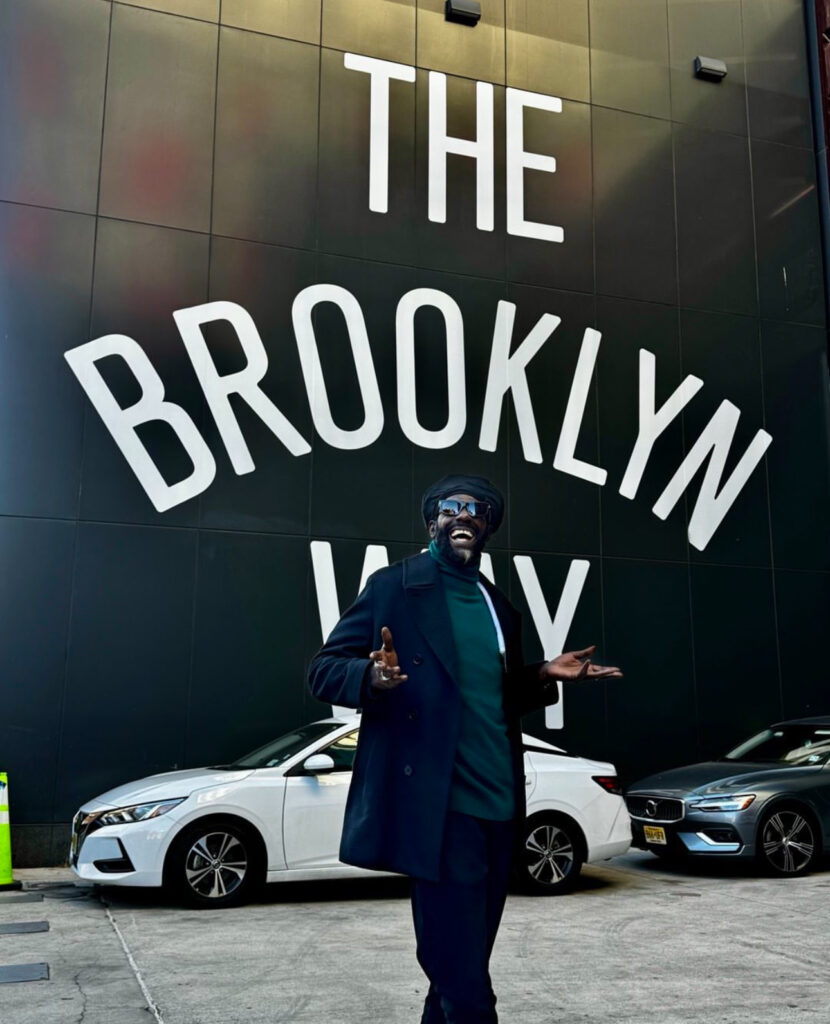
This momentous concert came just five months after Buju’s two highly acclaimed shows at the UBS Arena, held on July 13 and 14, where he once again captivated audiences. The ticket prices for the Barclays Center event were astonishing, ranging from $124 to a staggering $8,400 for luxury suites, making this concert the highest-priced reggae event in U.S. history. The atmosphere was charged with excitement as long-time collaborator Wayne Wonder joined Buju on stage, performing beloved hits such as “No Letting Go,” “Saddest Day,” “Joy Ride,” and “Bonafide Love.” The magic continued as Ras Shiloh made a special appearance to perform the duet “Complaint,” originally by the late Garnet Silk.

Overcoming Challenges: A Successful Tour
Despite facing challenges, including the cancellation of six dates due to low ticket sales, Buju Banton’s Overcomer tour has been a remarkable success. The artist announced plans to reschedule these shows for 2025, citing scheduling conflicts. Nonetheless, the tour has grossed over $50 million, showcasing Buju’s unwavering appeal and resilience. Throughout the tour, notable acts like Gramps Morgan, Fat Joe, Remy Ma, and DJ Khaled opened for Buju at various locations, adding to the tour’s allure.
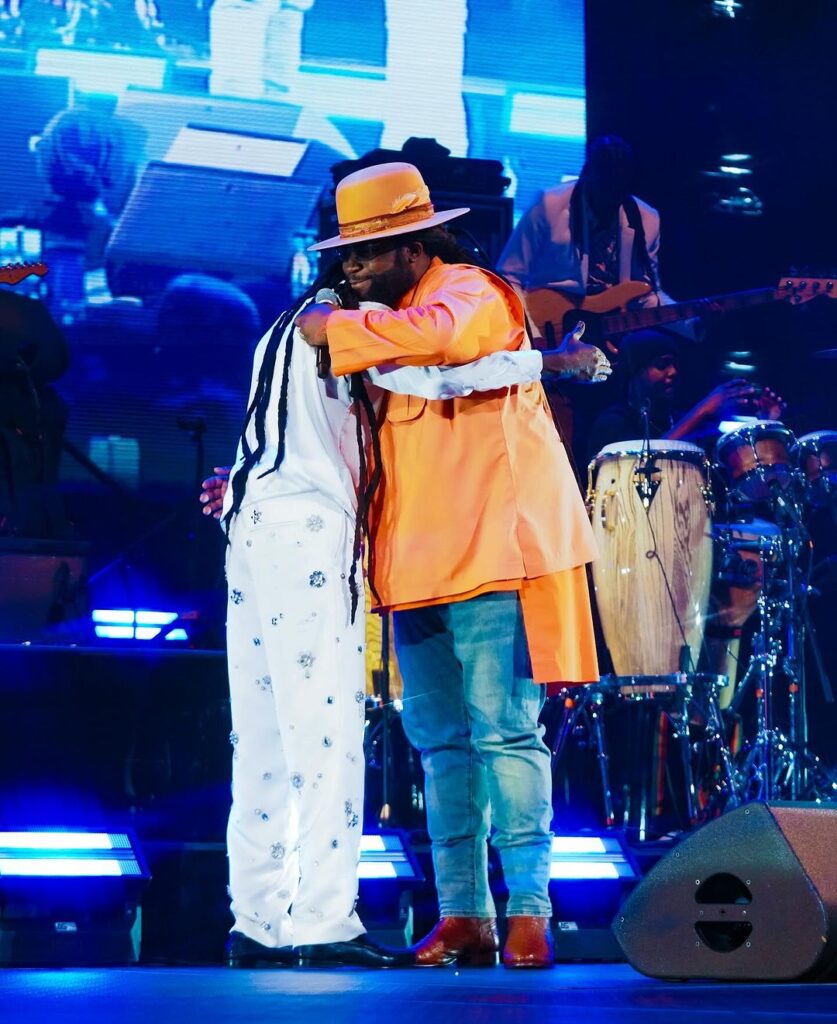
In a noteworthy act of philanthropy, Buju and AG Touring donated $200,000 from tour proceeds to Jamaica’s Accompong Maroons during a Washington, D.C. performance. This initiative highlighted the cultural significance of the Maroons, who showcased their traditional dances and rituals on stage, enriching the concert experience.
Buju Banton’s Global Impact and Streaming Success
Buju Banton’s influence extends beyond live performances. His recent streaming statistics underscore his international appeal, with tracks like “Party Girls” reaching #26 on iTunes in Antigua and Barbuda. Additionally, “African Pride” holds the #20 spot on Deezer in Kenya, while his classic 1997 album “Inna Heights” ranks #40 on iTunes in Dominica. On Apple Music, Buju is ranked #9 in Gambia and #93 in Anguilla, showcasing his global reach and enduring popularity.
Looking ahead, Buju is set to reunite with Beres Hammond for an intimate concert scheduled for January 4, 2025, at Plantation Cove in St. Ann, Jamaica. This collaboration promises to deliver another memorable performance, further solidifying Buju Banton’s legacy as a reggae icon.
Frequently Asked Questions
1. What is the significance of Buju Banton’s performance at the Barclays Center?
Buju Banton’s performance at the Barclays Center is historic as he became the first solo reggae artist to sell out the venue, highlighting the genre’s growing popularity.
2. How much did tickets cost for the Barclays Center concert?
Ticket prices for the concert ranged from $124 to $8,400 for luxury suites, setting a record for the highest-priced reggae concert in U.S. history.
3. Who joined Buju Banton on stage during the concert?
Long-time collaborator Wayne Wonder joined Buju Banton on stage, along with Ras Shiloh, who performed a duet with him.
4. What was the total revenue generated by the Overcomer tour?
The Overcomer tour grossed over $50 million, making it a significant success despite some challenges.
5. What philanthropic efforts did Buju Banton engage in during the tour?
Buju Banton and AG Touring donated $200,000 to Jamaica’s Accompong Maroons during the tour, supporting cultural preservation and community initiatives.
Conclusion
Buju Banton’s remarkable achievement at the Barclays Center underscores his status as a reggae legend. With a successful tour behind him and exciting collaborations on the horizon, he continues to inspire fans around the world. His journey is a testament to the resilience and vibrancy of reggae music, ensuring that the genre remains a powerful force in the global music scene.


